Workshops 2023
Workshop 1 – Experience Sampling Method (ESM)
By Nessa Ikani and Dominique Maciejewski
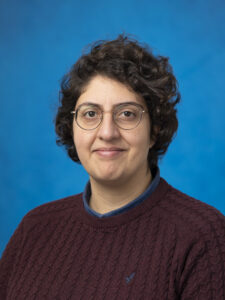
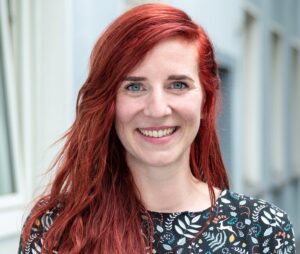
An introductory crash course in the Experience Sampling Method – From conceptualization to analysis
What works for one, doesn’t always work for all. Especially questions in the context of health, well-being and adaptation would benefit from studying the mood, thoughts and behaviors of individuals. The Experience Sampling Method (ESM) is an innovative research method that allows to study mood, thoughts and behaviors as they unfold in daily life using smartphone apps. ESM has gained immense popularity, due to recent technological advances and because it has many advantages over more traditional survey methods (e.g., higher ecological validity and lower recall bias).
In this workshop, we want to give you an introductory crash course into ESM. We will cover what ESM is, its advantages and disadvantages, what to consider when you set-up your own ESM study, how to make your data collection a success, and how to analyse time-intensive longitudinal data. Throughout the course, we will use examples from our own ESM studies to create a hands-on experience. At the end of the workshop, you will have the right tools to get started with your own ESM study.
Please note: If you want to actively participate in the data-analysis part, you should have R and Rstudio installed on your laptop before the workshop.
Workshop 2 – Team work: Your team role and authorship
By Rutger-Jan Scholtens and Guido Meijer
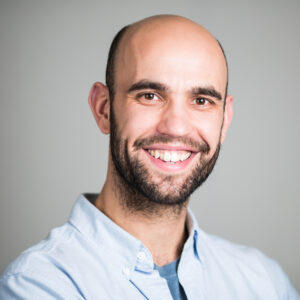
As a PhD, you are required to collaborate with students, fellow PhDs, and scientists from your department. And for some of your (extracurricular) research activities, you team up with people and professionals from different (disciplinary) backgrounds. Developing your teamwork skills as a scientist is key to professional success and well-being in the workplace. What role do you prefer to take when working in a team? After this workshop, you will have a better understanding of group dynamics and your own team role preferences. This can help you make teamwork both more pleasant and productive.
Rutger-Jan works as a career coach and (self-employed) skills trainer at Utrecht University and Erasmus University Rotterdam. He has a background in Business Administration and Cultural Anthropology. Ever since his university teaching days, he has emphasized the importance of personal reflection and development of soft skills for students and PhDs. As a trainer/coach, his mission is to inspire and activate young professionals by challenging them to explore their motivations, qualities, and opportunities.
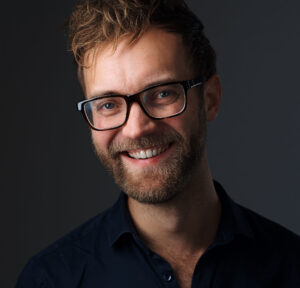
As the complexity of the questions that we as researchers are trying to answer increases, it is becoming more and more difficult to do so alone. It is therefore not surprising that large collaborations revolving around a single research topic are becoming more prevalent. This practice has a rich history in particle physics, with the most well known example being the CERN collaboration. In psychology and neuroscience, examples of large collaborations are the International Brain Laboratory, the ManyBabies consortium, and the Allen Institute. This new collaborative way of doing science poses a problem: How does one fairly attribute author contributions? In this workshop we will discuss the problem of author contributions in large groups and work on one of the possible solutions to this problem: the contribution table.
Guido Meijer worked in the International Brain Laboratory for five years and has inside knowledge about the intricacies of authorship and author contributions while publishing large platform papers with many authors.
Note that the practical part involves coding in R.
Workshop 3 – Grant writing
By Rónán McLaughlin and Patty Leijten
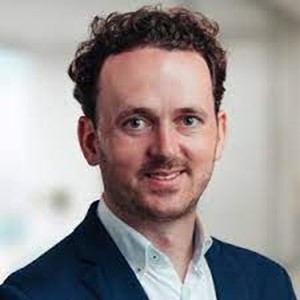
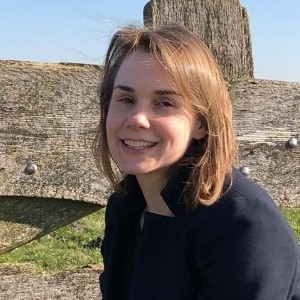
What grants to consider at what career stage? How is writing a grant application different from writing a scientific paper? How are CV sections in grant proposal different from lists of publications? (because they are!). Rónán McLaughlin and Patty Leijten (University of Amsterdam) will present on the landscape of grant opportunities in the Netherlands and Europe, share experiences on what does (and what does not) tend to work well in grant applications, ask you to evaluate anonymized/fictional applications to get hands-on experience in evaluating different styles, and will try to answer any question you may have about grant writing.
Rónán McLaughlin works as Research Funding Advisor at the University of Amsterdam. He supports researchers in their grant applications, from deciding what funding agencies best fit their research goals to preparing for grant interviews.
Patty Leijten works as an Associate Professor at the University of Amsterdam. She has experience submitting research proposals to different types of funders and served in this year’s NWO Veni committee for the social sciences and humanities.
Organising committee
VNOP
Child and Adolescent Studies
Utrecht University
Questions?
vnopcas@gmail.com
Visit VNOP
Visit CAS